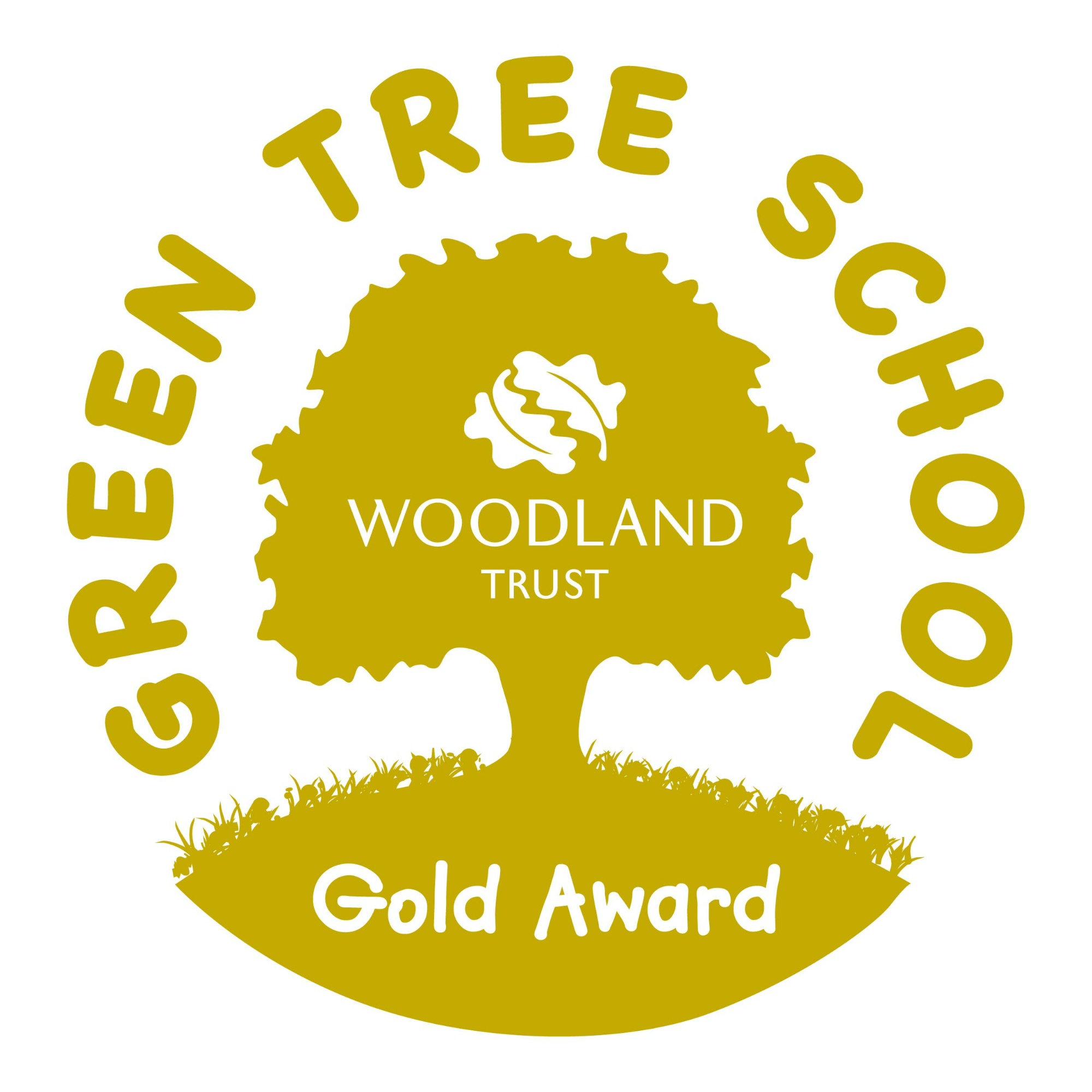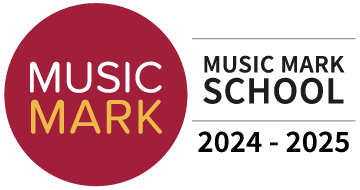Our Learning
Our Approach
The Curriculum at Monksmoor Park CE Primary School
The National Curriculum 2014 was designed to ensure that children are taught essential knowledge in key subjects, while allowing teachers the freedom to design a curriculum that engages and excites the children we teach. At Monksmoor Park CE Primary School, we have designed a carefully structured curriculum that ensures children are able to learn more and do more, building on their learning year after year. With support from subject specialists, we have designed a programme of learning with clear expectations enabling our children to become expert learners. The outcomes of the National Curriculum are broken down into components which enable the children to build their knowledge and skills over time. With plenty of opportunity for practise, children become confident learners, able to take on any challenge.
English and Mathematics are taught as discrete subjects. Teachers are also mindful that English and Mathematics skills should be incorporated into other subject areas to ensure they are developed and made relevant.
We use Read Write Inc as our scheme for phonics teaching. Books that come home will either be part of the Read Write Inc scheme or be matched to the phonics that have been taught, so that the children have the opportunity to practise the phonemes they have been learning and to develop fluency in reading.
As a church school, we teach RE following the Peterborough Diocese Agreed Syllabus, which has been adapted by the RLT.
Assessment
At Monksmoor Park CE Primary School, assessment is an integral part of our teaching and learning process. We assess pupils regularly to identify their next steps and ensure they make sustained progress.
Most of our assessment is formative, based on what children achieve in their day-to-day classwork. This helps teachers to understand each child’s current level of understanding and plan targeted support or challenge to move their learning forward.
We track progress carefully throughout the year, monitoring which concepts have been introduced and how well pupils are progressing towards mastering them. Children are assessed against the end-of-year expectations for their academic year group, and their progress is reviewed regularly to ensure they remain on track.
In addition to formative assessment, we use summative assessments to measure attainment in more formal test situations. This helps us to review progress over time and compare outcomes with those of pupils in other schools, ensuring consistency and high standards.
Teachers also meet regularly with colleagues within the Rutland Learning Trust to moderate teacher assessments, share best practice, and ensure parity and accuracy in our judgements.



